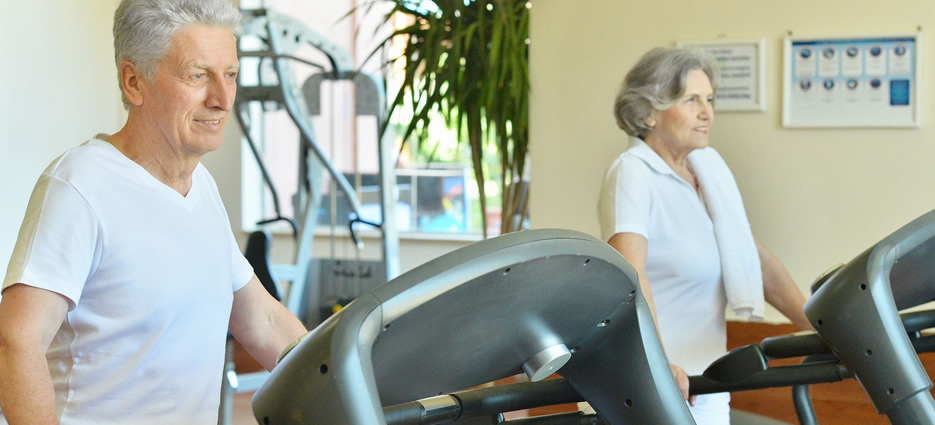Barbiturates Detox Treatment Facility Chester MT
Home
Top Barbiturates Detox Treatment Facility Chester MT Resources and Information Online
Barbiturates Detox Treatment Facility Chester MT
When calling a drug helpline expect to go over the following: your drug-of-choice your drug use history (frequency, amount, total time using) basic education about addiction services options for length of treatment, cost, health insurance coverage What Happens After A Drug Hotline Call? The Center for Disease Control (CDC) reported that 7. It’s going to be a great day.†― , Like “It takes away a lot of the thrill of killing yourself when people are looking for you and you're disappointing them, because it is a lot of fun when you're out there killing yourself.†― , Like “I've done everything. WHO’S ON THE OTHER END – What are staff on drug helplines like? Certain medication and an IV for hydration and nutrition are sometimes required for this process. A few persons may be capable of becoming sober on their own, but most require the services of a rehab clinic at some point.
Substance and alcohol abuse are just two of the most common addictions typically addressed in treatment facilities. At Weston Rehab, we have experience with gambling addictions, sex addictions, and more. But if you are interested in talking about faith or discovering God, then Christian recovery might be for you.
Here are Some More Resources on Cocaine Detox Near Me

Below are Some Even more Details on Methylphenidate Rehab Near Me Chester MT
The Lone Star State shares a border with Mexico and covers a large area that includes a coastline, prairies, mountains, and desert. Facing your problem without minimizing the issue or making excuses can feel frightening and overwhelming, but recovery is within reach. Client Testimonials First of all I would like to thank my higher power for this day. If you are using drugs to fill a void in your life, you’re more at risk of crossing the line from casual drug use to drug abuse and addiction. According to studies gathering drug addiction facts and statistics, America’s problem with drug has only grown with time. Program types can vary according intensity level and type of care, some of which include: Detox programs Inpatient programs Outpatient programs Sober living homes Medication-Assisted Treatment Options Someone coming off a chronic alcohol or opiate-based addictions may want to seriously consider programs that offer medication-assisted treatment options.
Right here are Some Even more Resources on Methylphenidate Rehab Near Me
It is more effective for patients with high motivation and some addicts use it only for high risk situations.[14] Patients who wish to continue drinking or may be likely to relapse, should not take disulfiram as it can result in the disulfiram-alcohol reaction mentioned previously, which is very serious and can even be fatal [13] Nitrous oxide, also sometimes known as laughing gas, is a legally available gas used for purposes that include anesthesia during certain dental and surgical procedures, as well as food preparation and the fueling of rocket and racing engines. Emotional tendencies in times of grief make it difficult to find sight toward a future where happiness exists. While your genes, mental health, family and social environment all play a role, risk factors that increase your vulnerability include: Family history of addiction Abuse, neglect, or other traumatic experiences Mental disorders such as depression and anxiety Early use of drugs Method of administration—smoking or injecting a drug may increase its addictive potential Drug addiction and the brain While each drug produces different physical effects, all abused substances share one thing in common: repeated use can alter the way the brain functions. When you are evaluating the types of treatment programs, you should remember that every single person is different; therefore, the needs for that person will be different. We have found that people can thrive in a Christian outpatient treatment program if they have the proper motivation.
Much more Resources For Cocaine Detox Near Me Chester MT
The Recovery Place: Fort Lauderdale, FL Call: (800) 506-5834 The Recovery Place is located in Fort Lauderdale, and offers the perfect amount of variety in its programs, so that there is something for everyone. For legal drugs such as alcohol, complete abstention—rather than attempts at moderation, which may lead to relapse—is also emphasized ("One is too many, and a thousand is never enough.") Whether moderation is achievable by those with a history of abuse remains a controversial point, but is generally considered unsustainable.[2] Types of treatment[edit] The brain’s chemical structure is impacted by drugs of abuse and these changes are present long after an individual stops using, This change in brain structure increases risk for relapse, making treatment an important part of the rehabilitation process.[3] Various types of programs offer help in drug rehabilitation, including: residential treatment (in-patient/ out-patient), local support groups, extended care centers, recovery or sober houses, addiction counselling, mental health, and medical care. On graduation day at BDR, the patients who have completed their program are given roses to give out to those who have helped them the most on the path to recovery. What to Look for in a Treatment Facility These elements of treatment highlight what to look for in a treatment program.
Click Here for More Information
Previous Next
You may also like:
Valium Rehab Treatment Clinics Irvine PA
Christian Rehab Centers For Men Matawan NJ
Clonidine Abuse Treatment Milfay OK
Naltrexone Abuse Program West Salem IL
Tylox Rehab Treatment Clinic Highland Park MI
Butorphanol Abuse Program Cordell OK
Heroin Support Barry TX
Concerta Detox Treatment Centers Carbon IN
Hash Addiction Program Mc Alister NM
Pentobarbital Addiction Treatment Facility Whiteriver AZ
Ms Contin Rehab Treatment Center Nashville GA
Codeine Abuse Clinics Only TN
Ritalin Addiction Rehab Program Prewitt NM
Revia Addiction Rehab Programs Hortonville NY
Campral Addiction Rehab Centers Sellers SC
Roxicet Abuse Treatment Program Emery UT
Methadone Rehab Treatment Program Sledge MS
Mushrooms Addiction Detox Center Moss Point MS
Disulfiram Abuse Treatment Centers Randalia IA
Hydromorphone Detox Clinic Arock OR